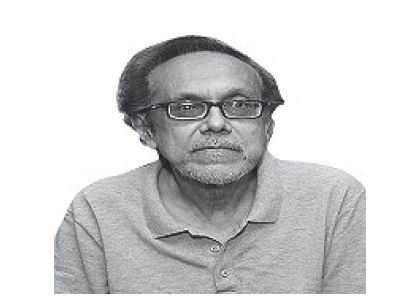By Dhurjati Mukherjee
Elections are a continuing phase in Indian politics and are held as a process of legitimization of the political power to be acquired. In this scenario, for safeguarding the core values of a free and fair election, it is important to have a just and unbiased electoral process to ensure greater citizen participation. However, there are certain challenges and issues that the electoral system has faced over the years. Trust and confidence of the citizens in the electoral system cannot be gained without addressing these issues (Election Commission of India, 2016).
A discernible decline in the standards began and the distortion in its working appeared for the first time in the fifth General Elections in 1971 which multiplied several times in subsequent elections. Analysts have found that the election process in our country is the root cause of political corruption. The issue of election reforms has been taken up by Parliament, the government, the judiciary, the media and the Election Commission on numerous occasions but very little has been done. It needs to be corrected at the societal level itself through education and awareness.
Meanwhile, this month elections are being held in Bihar, and next year will witness elections in West Bengal, Assam, Kerala and Tamil Nadu along with Pondicherry. Though elections theoretically may be a part of the democratic process, it is only money power and muscle power that wins elections. This is very much true in the case of Bihar and West Bengal and some other states, mostly in the north.
Bihar Assembly poll, which is now very much in the news, it can safely be said that the backwardness of the state will not improve whosoever comes to power. The political scenario in the country is largely dominated by upper castes and, as such, there is very little concern for the poor and the ECS, both at the Centre and in the states.
In Bihar, the RJD exhibits an isolation from social reality. Yadavs constituting 14 percent of the population, have received 36 percent of the tickets. Even among Yadavs, it is found that landed aristocracy and business families have cornered the tickets. Data from the Association for Democratic Reforms (ADR) showed that between 2005 and 2020, MLAs/MPs of RJD had average declared assets of Rs 2.14 crores, comparable to the JD(U), the BJP and the Congress, highlighting the elite entrenchment. This happens to be a similar picture of political parties across the country.
Compared with Bihar and West Bengal, the performance of Tamil Nadu and Kerala is much better. In fact, Tamil Nadu is one of the most developed states and along with Kerala, both are way ahead on social infrastructure development.
Another aspect of the election scenario that needs to be highlighted is that though it may be recorded that say 65 to 70 percent of voters may have exercised their franchise, more than half are either not concerned or are unaware of the policies and pledges of the political party they have voted for. Moreover, very few are aware of the pledges made last time and how much of them have actually been implemented. This is due to lack of education and awareness. Unless awareness levels improve, voters may vote but the whole affair may just be a farce.
Finally, it needs to be emphasized that the intertwining of money and muscle power in politics is a pressing issue that challenges the very essence of democracy. Addressing these challenges requires a collective effort from citizens, political parties, and the government. By not promoting transparency, enforcing accountability, and fostering a culture of ethical politics is unfortunate and goes against the very tenets of democratic principles. There is a need to ensure that the voice of every citizen is heard, untainted by undue influences.
